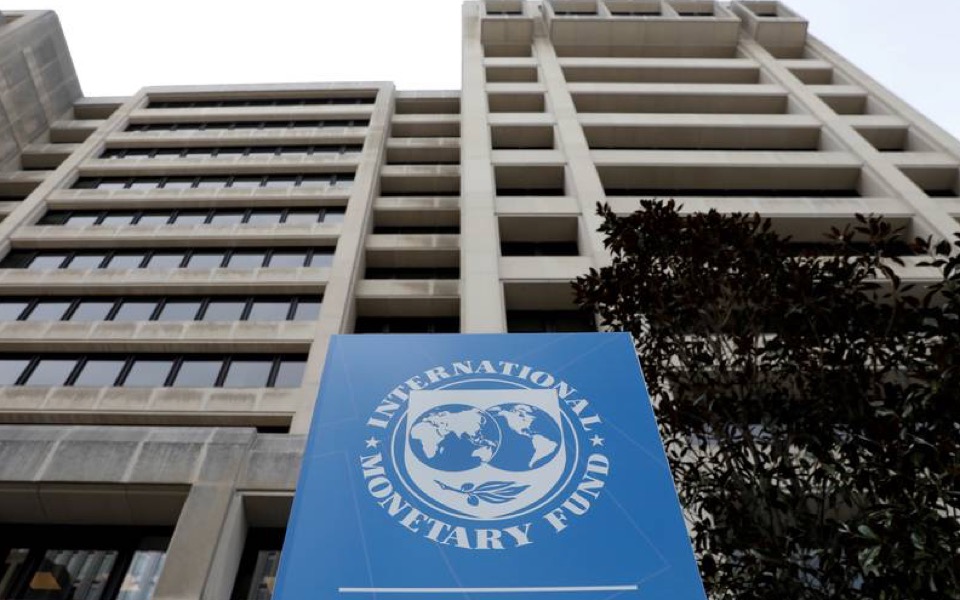IMF wants breaks revoked
Report opines against social security contribution cuts and solidarity levy suspension

The International Monetary Fund is calling on the Greek government to revoke the reduction of social security contributions and the suspension of the solidarity levy, two measures that currently apply temporarily in the private sector, and of course avoid extending them to the public sector, saying that otherwise Athens will have to find other offsetting measures.
This is included in the set of conclusions the Fund reached after the recent meeting of its officials in Greece, in the context of provisions in Article IV of its charter.
The IMF also asked for a prudent increase in the minimum wage, for public sector salaries and pensions not to be increased, for the possibility of a tax on coal to be examined to finance targeted handouts and green investments, and for the support measures for the most vulnerable concerning the high energy rates to be temporary and targeted, allowing for the gradual phasing in of higher rates.
The recommendations on social security contributions and the solidarity levy raised some eyebrows in Athens, as tax breaks are generally considered a growth-friendly measure and the IMF had spoken in favor of a relaxed fiscal policy during the pandemic. After all, in a statement on Friday, it argued that “fiscal adjustment will have to be gradual and friendly to growth.” Still, given the circumstances, the IMF mission chief in Athens, Dennis Botman, said on Friday that this particular measure “does not constitute a priority.”
The Fund believes this year’s fiscal target should be for a primary deficit below 2% of gross domestic product, with a gradual adjustment to follow, so as to secure a primary budget surplus of 2% of GDP in 2027. Given that the cost of contribution reduction and the solidarity levy suspension amounts to 1.5 billion euros – climbing to €2.1 billion with an extension to the public sector – doing away with those interventions would indeed make a difference, as it would save 1.2% of GDP. The IMF argues such measures are not targeted and simply pass the burden on to the following generations.





